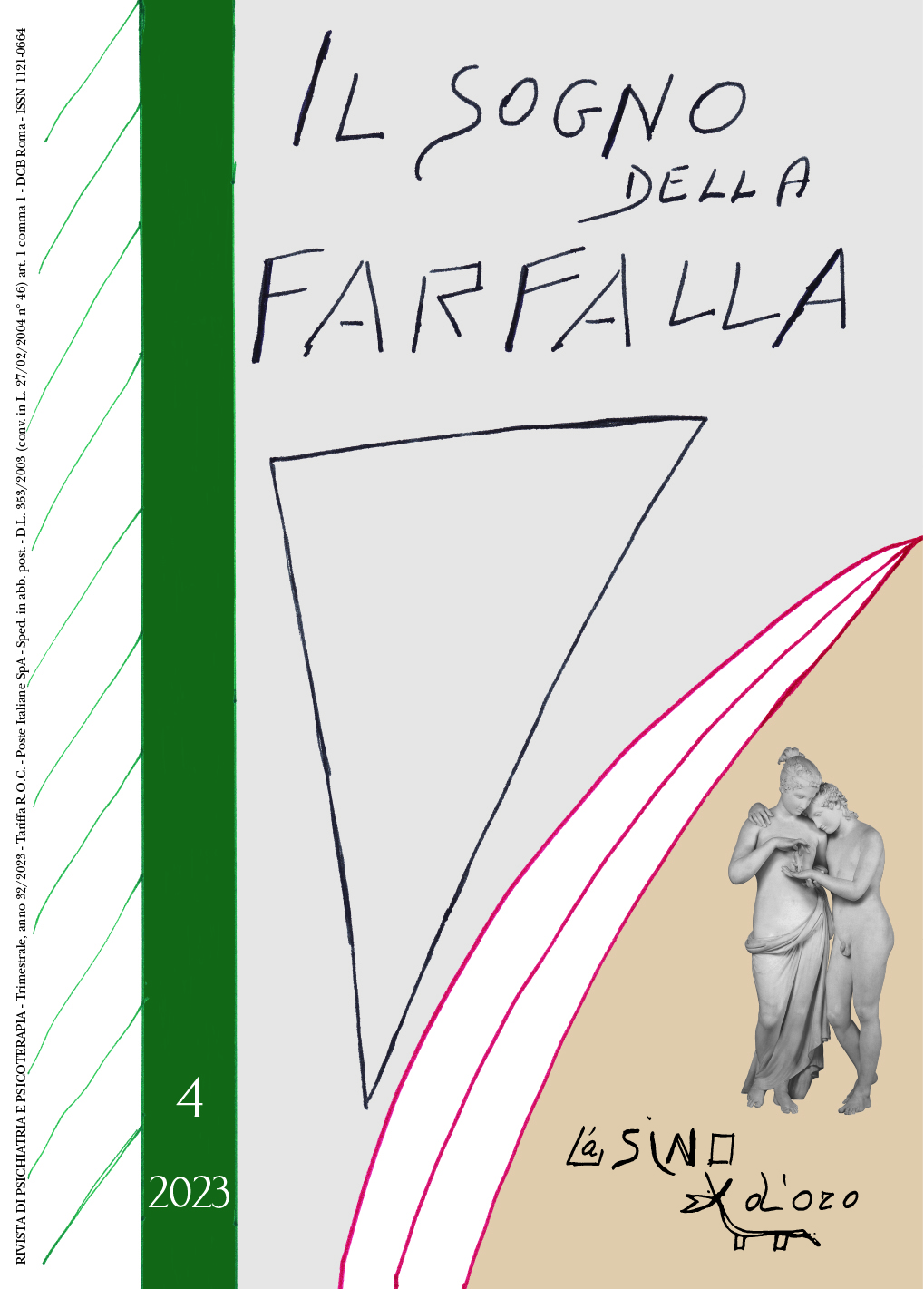Un precursore? Inconscio, sogno e sonnambulismo magnetico in Carl Gustav Carus (1789-1869)
DOI:
https://doi.org/10.14663/sdf.v32i4.897Abstract
Since H. F. Ellenberger’s magisterial work on the discovery of the unconscious, the German physician Carl Gustav Carus’s theoretical work Psyche (1846) was recognized as «the first attempt to establish a truly complete and objective theory of the unconscious life of the soul». In fact, by challenging mainstream ideas of his time, Carus opens his work Psyche with this peremptory statement: «the key to our knowledge of the essence of the conscious life of the soul lies in the region of unconsciousness». He did not accept the widespread idea of human body-mind dichotomy, but rather recognized the existence of a polarity – and therefore tension – between the conscious and unconscious dimensions. He differentiated between three levels of unconsciousness, attributed various characteristics to it and studied human relationships according to their degree of consciousness.
For Ellenberger, Carus was the inventor of depth psychology, which would be further developed and renewed by psychoanalysis. The aim of this article is not to propose a linear teleological history of psychology, but rather to illustrate Carus’s work within the context and debates of his time on the unconscious, dreams and animal magnetism. Rather than a precursor, he appears as a late witness, at the end of a series of chronological shifts.


